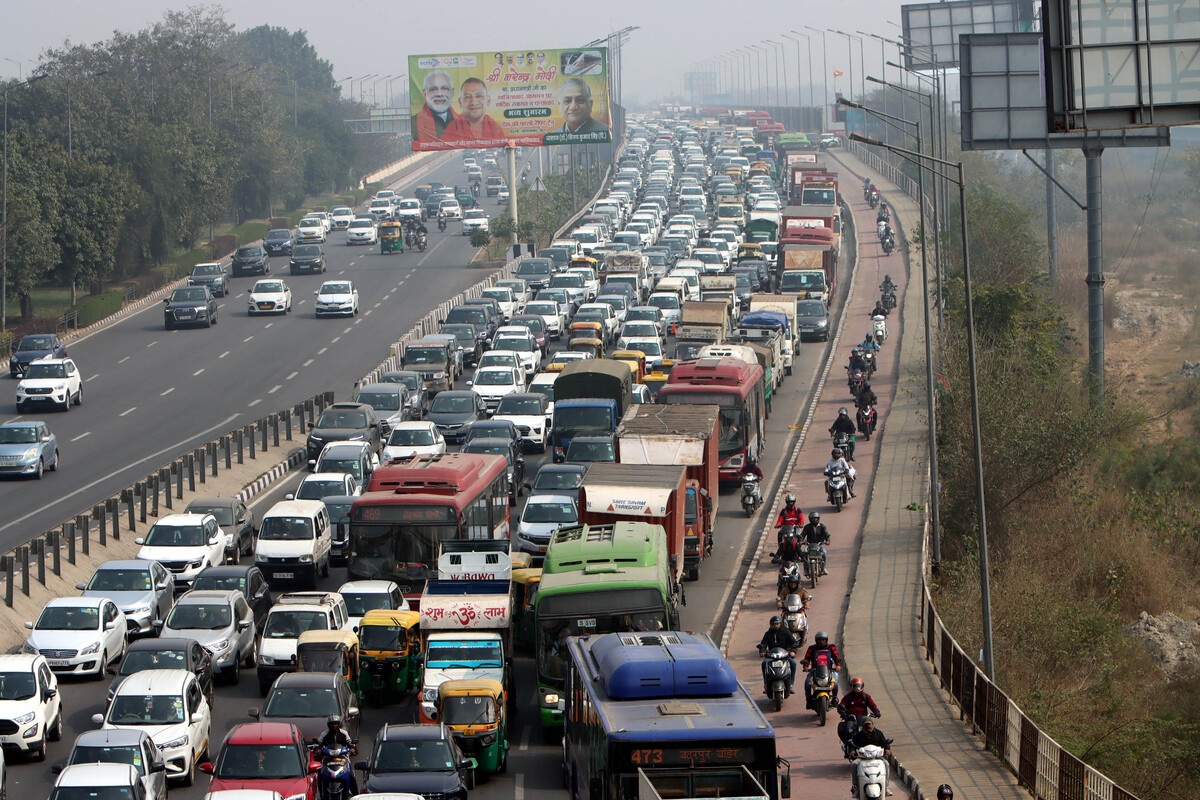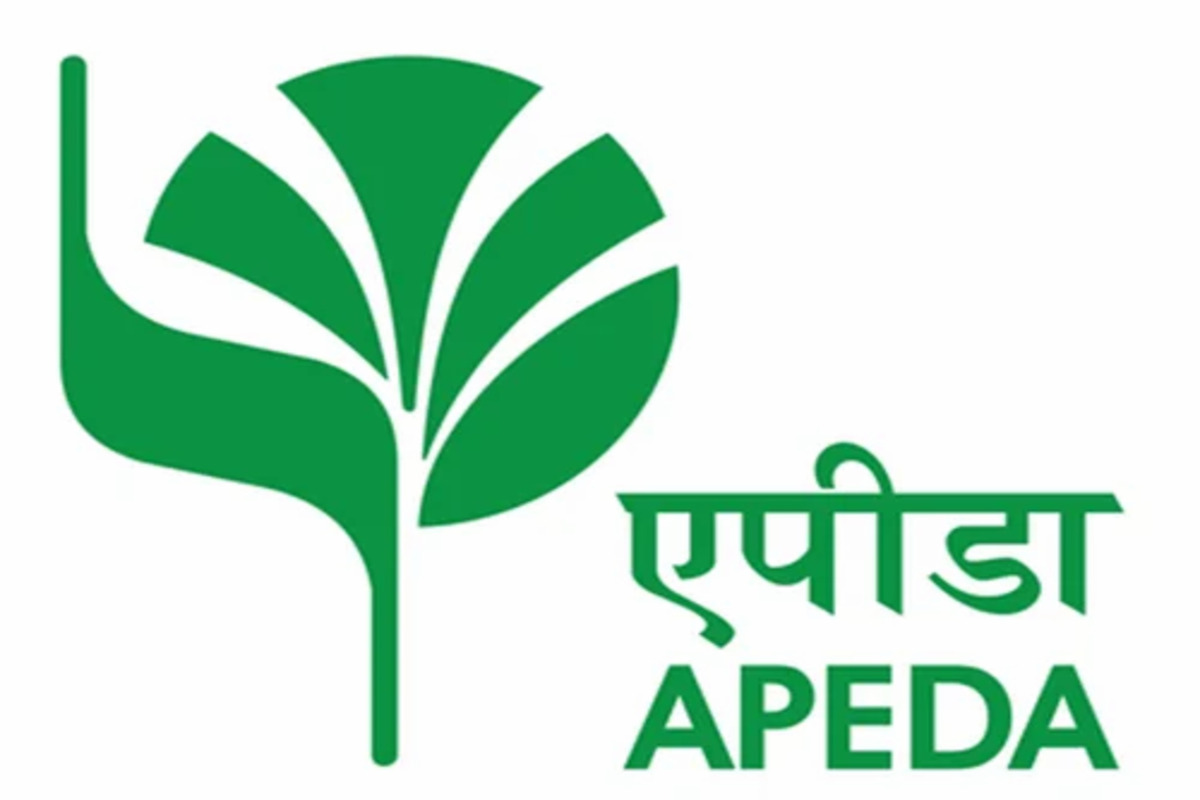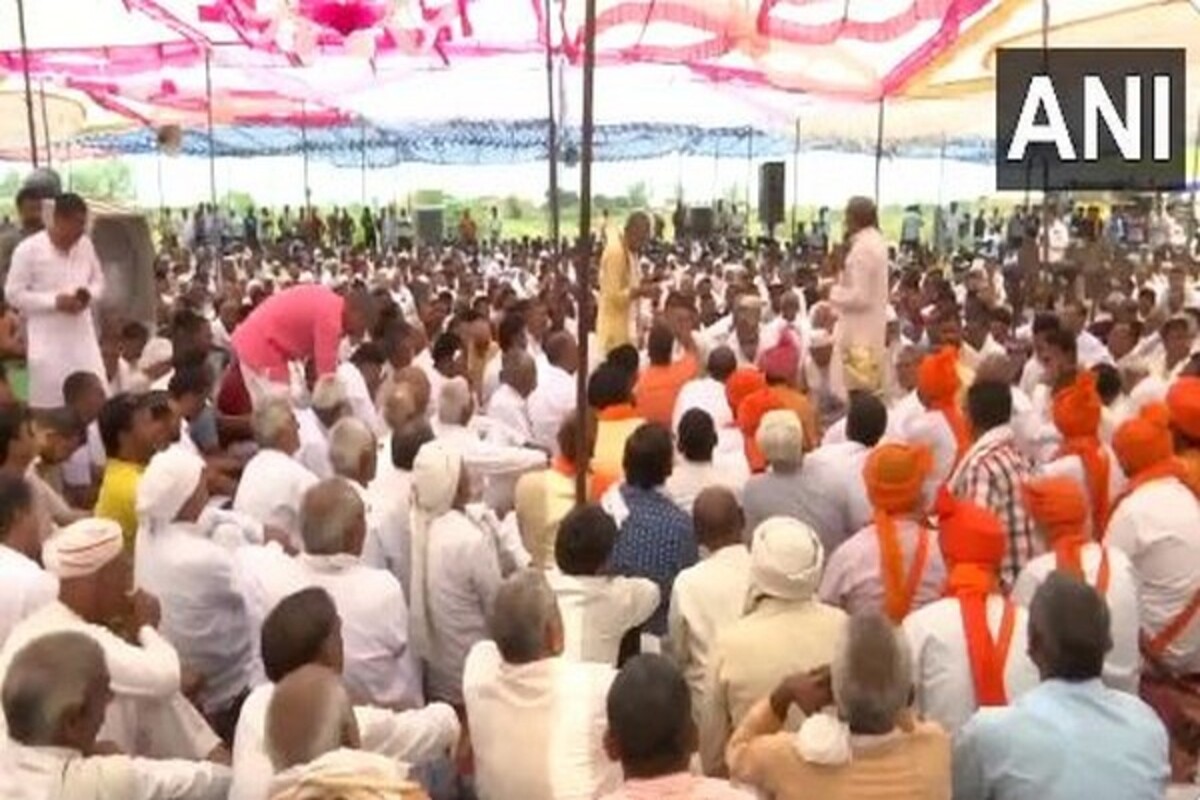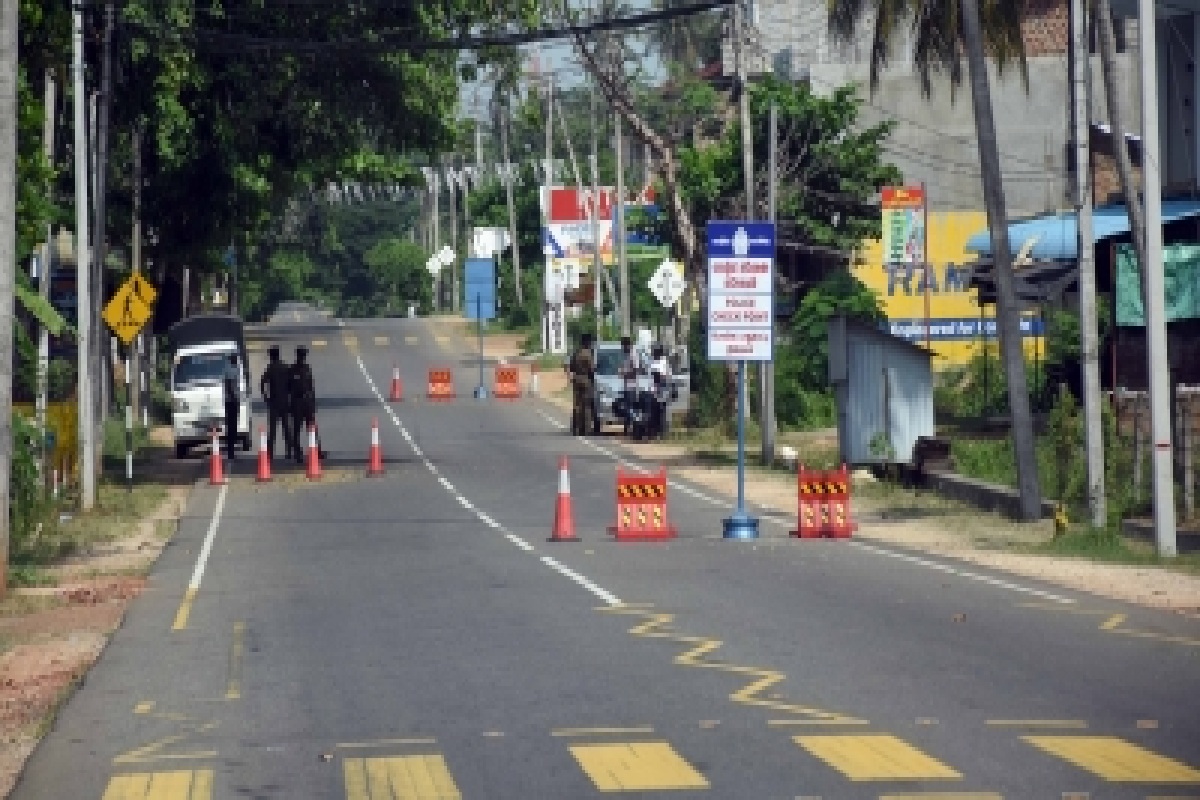Traffic remains affected due to restrictions on Delhi borders for farmers’ march
Commuters had to cross the the Singhu and Tikri borders on foot to reach their work places as the movement of vehicles was not allowed.

Commuters had to cross the the Singhu and Tikri borders on foot to reach their work places as the movement of vehicles was not allowed.

A significant fall of about 9 per cent has already been witnessed from APEDA’s basket of agricultural exports in April-October

Palwal Superintendent of Police Lokendra Singh, while talking to ANI, said, “Permission for the (Mahapanchayat) has been granted on several conditions."

The decision to lift the prohibitory orders was taken on the basis of reports during a meeting attended by officials of the district administration and the peace committee (comprising members of all the communities).

According to a government spokesman, swimming pools and water parks can now open for all, while the cap on the number of guests at weddings and other functions has also been scrapped.
Delhi recorded 11,684 cases of Covid-19 infection on Tuesday and 12,527 on Monday.
Among others, schools, colleges and all educational institutes will continue to remain shut while attendance in offices and capacity in metros and local trains would remain restricted to 50 per cent.
The Covid-19 positivity rate in the national capital, over 25 per cent now, is at the highest level in seven months.
"In districts with high daily cases, Gurugram, Faridabad, Ambala, Panchkula and Sonipat, malls and markets will close by 5 pm," said Anil Vij, Haryana Health Minister on Sunday.
State government has already allowed local trains to ply with 50 per cent seating capacity. Colleges, universities and schools for classes 9 to 12 were reopened on 16 November by following the Standard Operating Procedures issued by the State School Education Department and Higher Education Department. Coaching centres for competitive examinations too have been allowed to reopen with 70 per cent capacity.